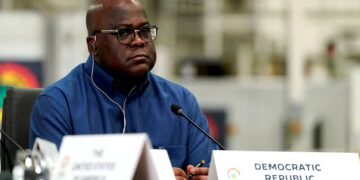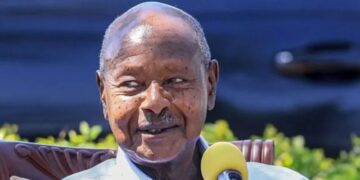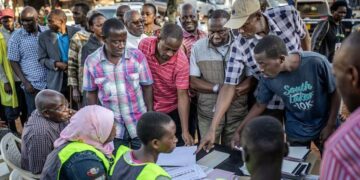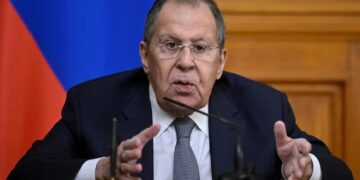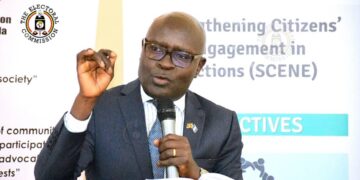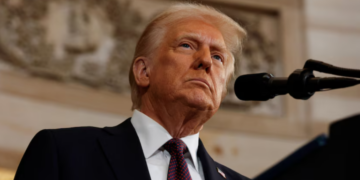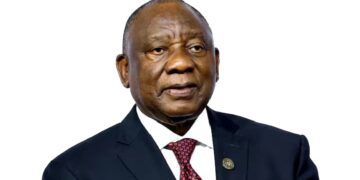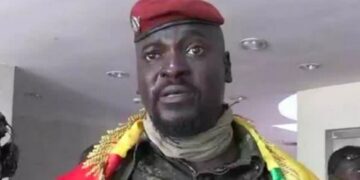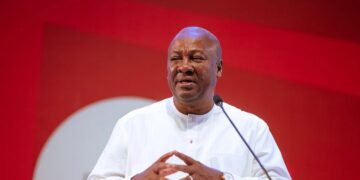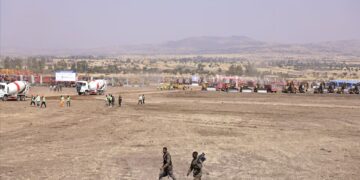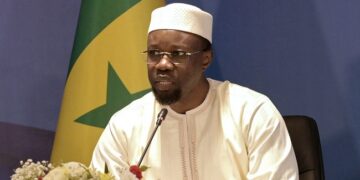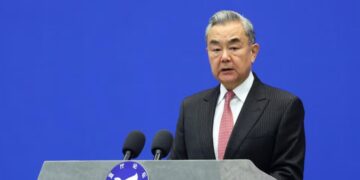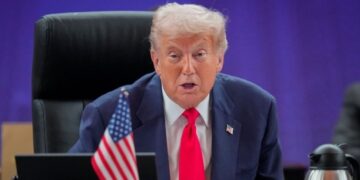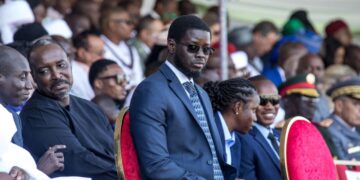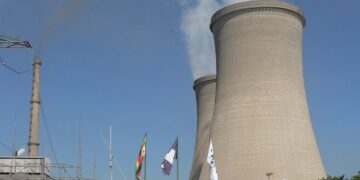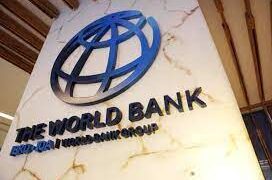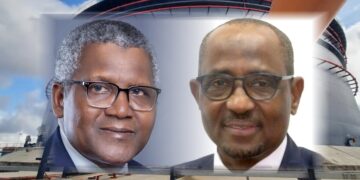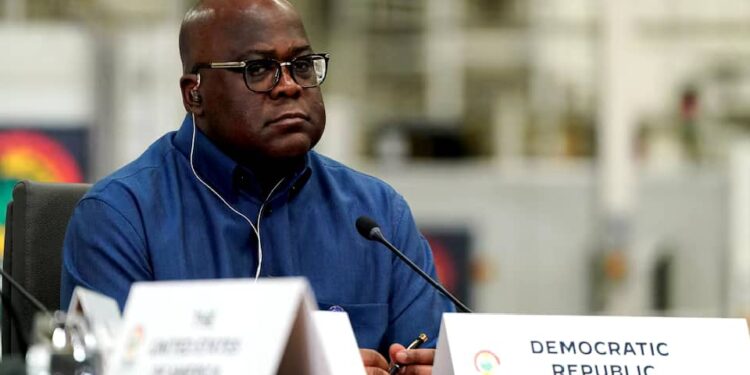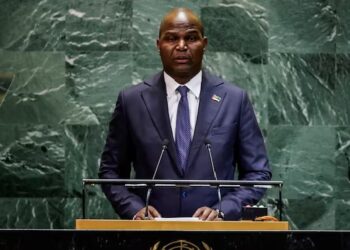By Enyichukwu Enemanna
The Democratic Republic of Congo (DRC) will permanently ban cobalt exporters who violate newly approved quota system, President Felix Tshisekedi has warned, as the leading world producer of the high-value mineral deposit moves to fight fraudulent activities and stabilise price.
DRC produces about 70% of global cobalt output. In February, it halted the export of the commodity very essential in the production of electric battery metal after the price hit a 9-year low.
On October 16, a new quota system will come into effect, setting the motion for resumption of export, Congo’s state minerals regulator ARECOMS said in September.
Under the quota, miners will only be allowed to ship up to 18,125 metric tons of cobalt for the rest of 2025, with annual caps of 96,600 tons in 2026 and 2027.
Minutes from Friday’s cabinet meeting chaired by the President indicate that Tshisekedi is considering to apply “exemplary sanctions”, including permanent exclusion from Congo’s new cobalt regime to any violators of the system.
Only ARECOMS is authorized to issue and revoke cobalt export quotas, including decisions on quota allocations, the minutes said.
The move to a quota system comes amid escalating conflict in eastern Congo, where the government says illegal mineral exploitation is fueling violence by M23 rebels.
Glencore, the world’s second-largest cobalt producer, supports the quota system while CMOC, the top producer, opposes it. Quotas will be allocated based on historical exports of the miners.
Tshisekedi said at Friday’s meeting that the halt in export of cobalt assisted in driving a 92% rebound in prices since March.
He said the new system is “a real lever to influence this strategic market” after years of “predatory strategies,” the minutes quoted him.
